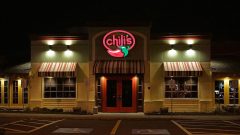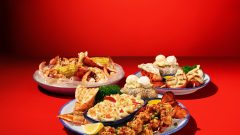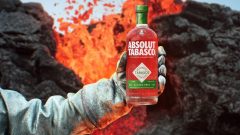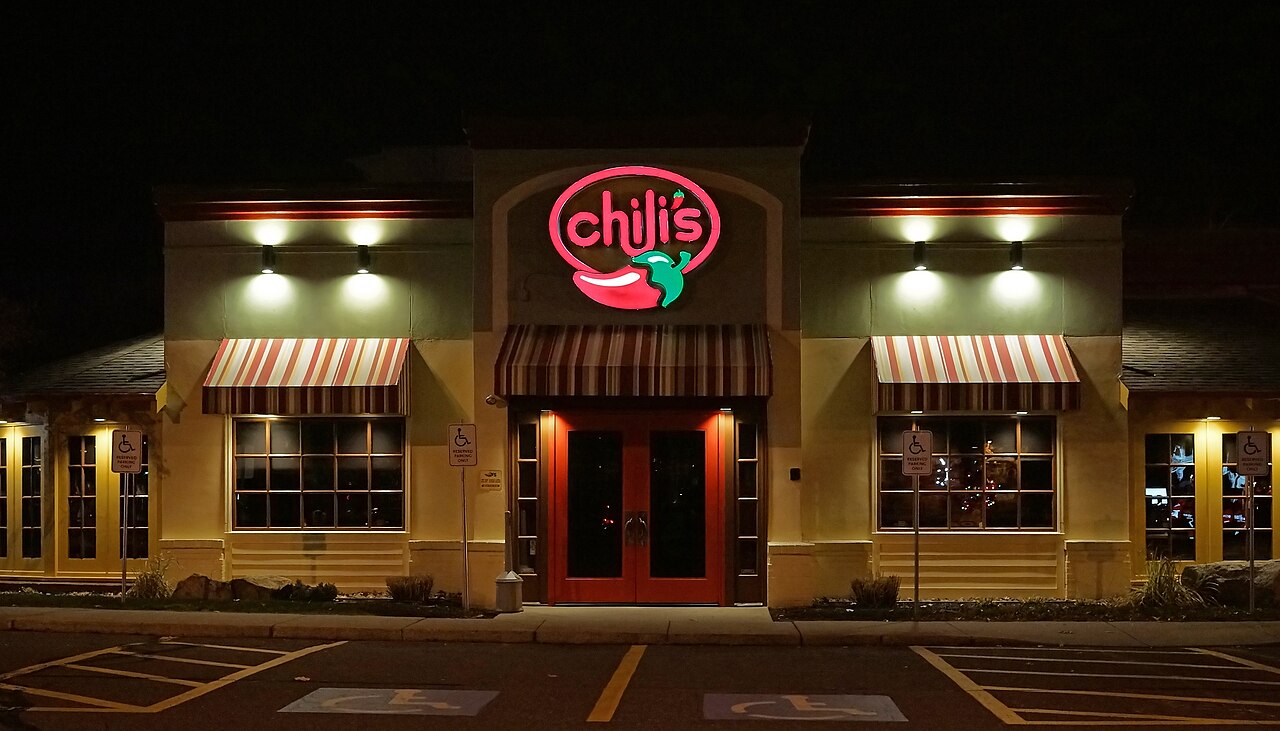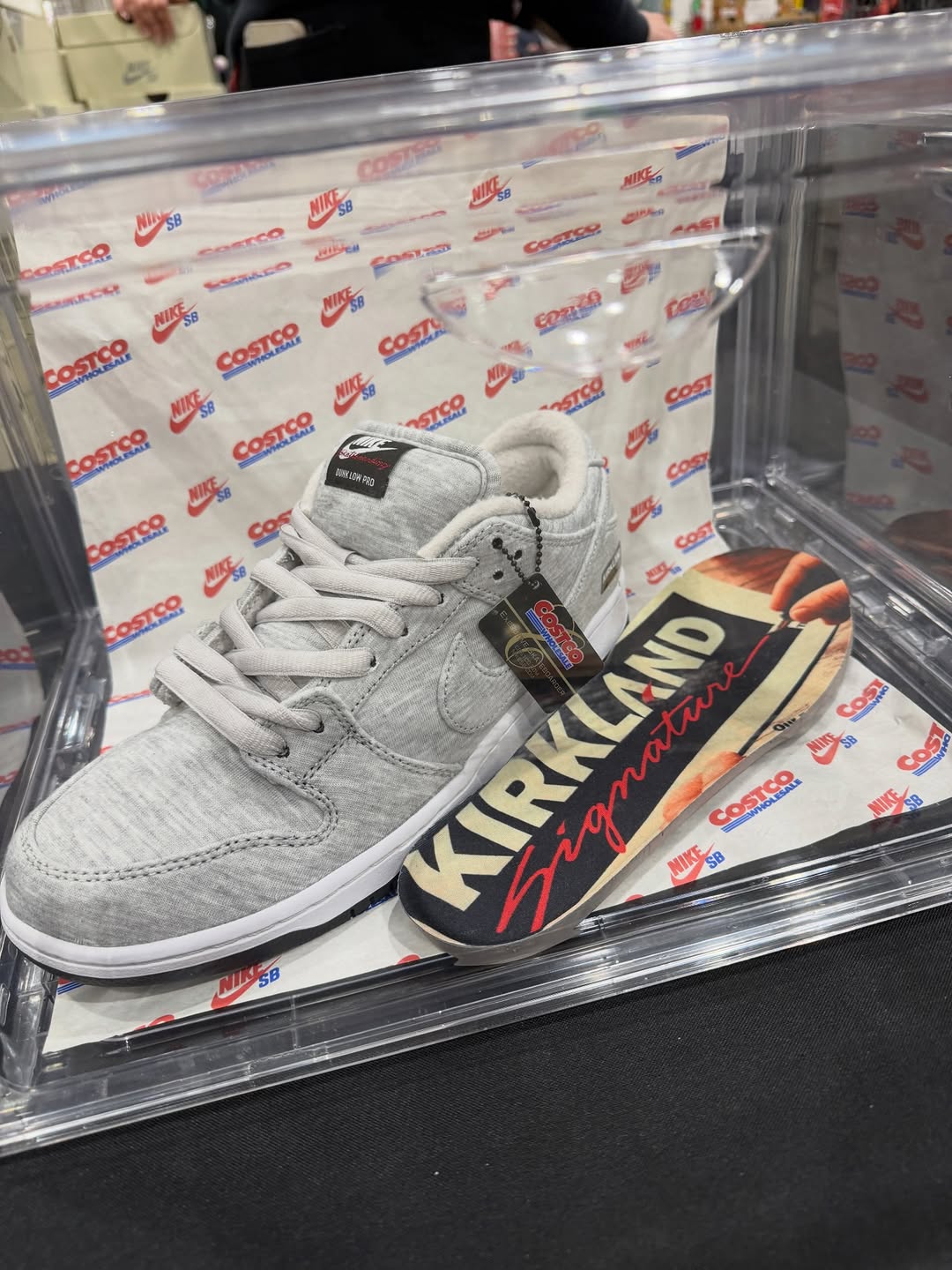Trump-Era Tariffs Threaten Food Prices As Court Fight Heats Up

Since his tenure as the 45th President began, Donald Trump has signed a swath of executive orders, some including tariffs on long-time international trading partners. The move has shaken the food industry, which expects a significant increase in operating costs, along with the price of groceries and dining out.
Hershey is seeking a tariff exemption for cocoa, which is experiencing a global shortage due to climate change. According to Wall Street analysts, Coca-Cola CEO James Quincey said the beverage giant may switch from aluminum to plastic. Industrywide, major and independent brands alike have been bracing for the impact.
In a turn of events, not wholly unexpected, a federal court attempted to block several of President Trump’s tariff executive orders on the basis of overstepping authority. An injunction was issued for tariffs on goods from Canada (25%), China (10%) and Mexico (25%) by the United States Court of International Trade, along with one for the 10% baseline tariff on all countries and any non-reciprocal trade agreements.
Several small businesses and U.S. states ran petitions opposing the tariffs, citing the International Emergency Economic Powers Act as evidence of President Trump’s overstepping. The court said that an emergency trade law from 1977 was used to justify the tariffs, one typically reserved for sanctions and embargoes.
Blocking the tariffs now looks to be an uphill battle. In response, lawyers for the administration went to the U.S. Court of Appeals for the Federal Circuit in Washington, D.C., which on Thursday decided that the tariffs will move forward. The lower court’s ruling will be put on hold temporarily to consider the administration’s appeal, with a June 9 deadline to respond.
Before the court’s decision, White House spokesperson Kush Desai shared a post on X, saying, “It is not for the unelected judges to decide how to properly address a national emergency.”





